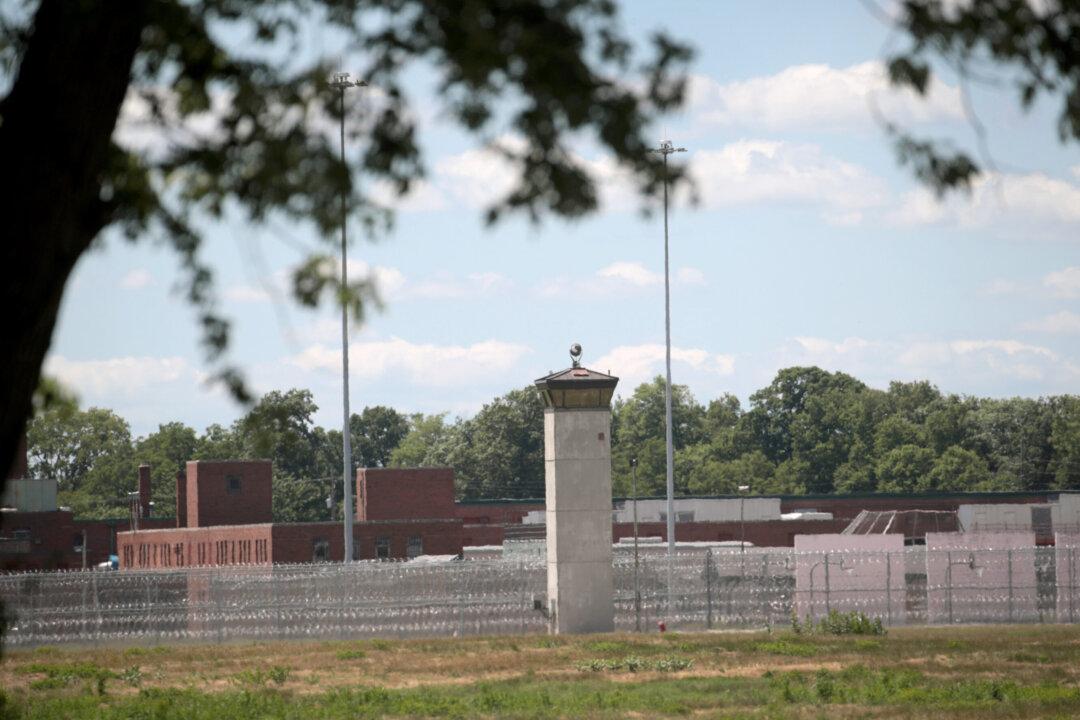A federal judge, for a second time this week, has blocked the Trump administration from resuming federal executions, delaying the administration’s second execution from proceeding just hours before it was scheduled to take place.
U.S. District Court Judge Tanya Chutkan granted a preliminary injunction to Wesley Ira Purkey, who was set to die by lethal injection July 15 at a federal prison in Indiana. Lawyers for Purkey, 68, who was convicted in 2003 of the rape and murder of a 16-year-old girl, objected to his execution, arguing that he suffers from dementia and schizophrenia, making him unable to understand his punishment.




